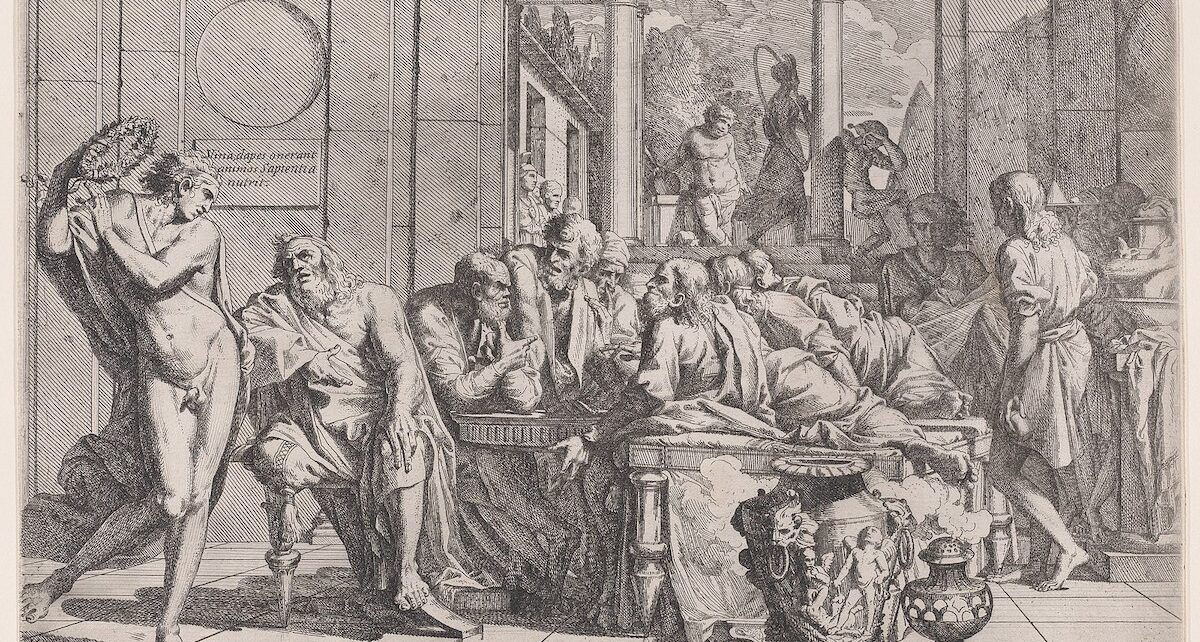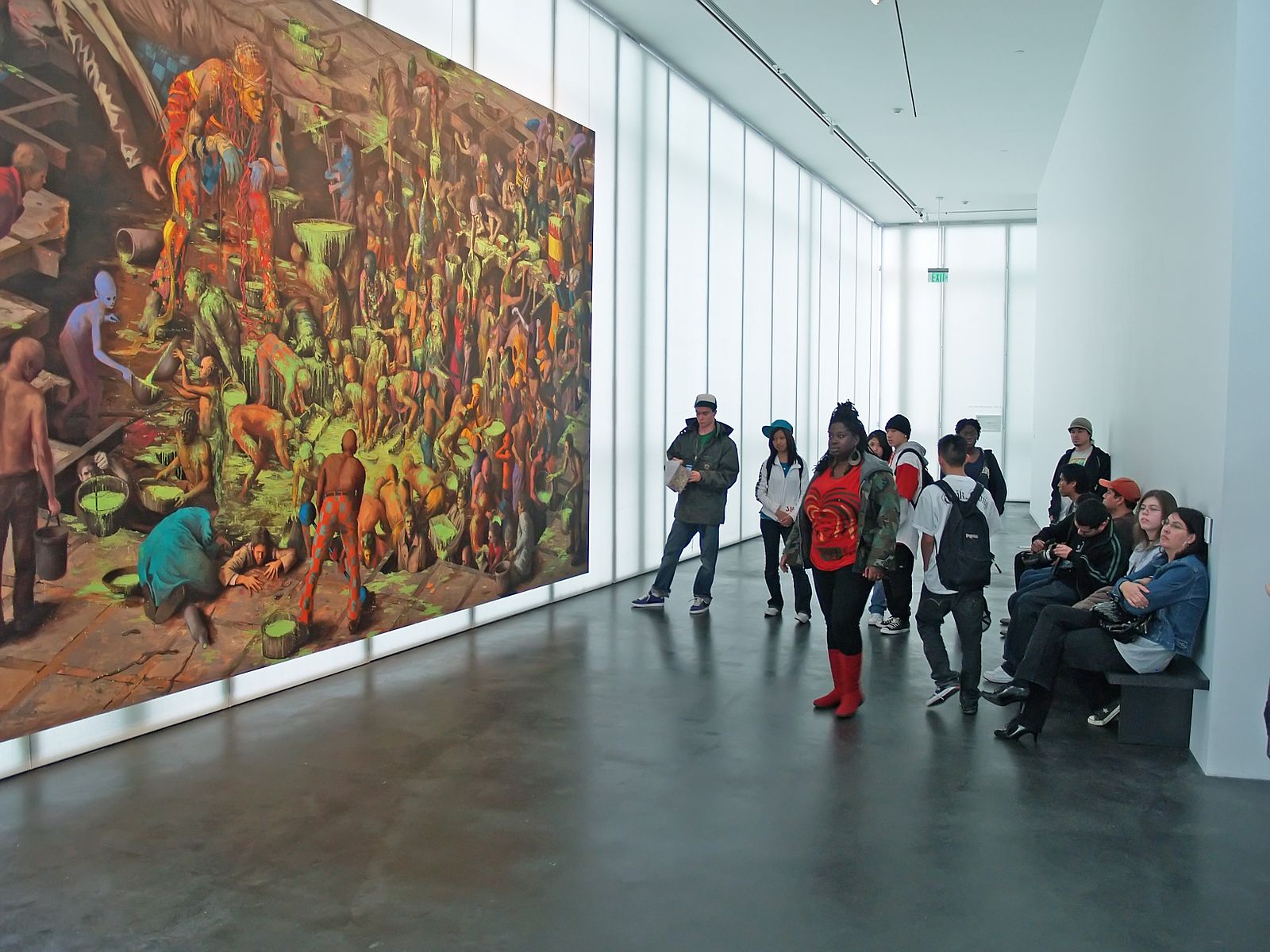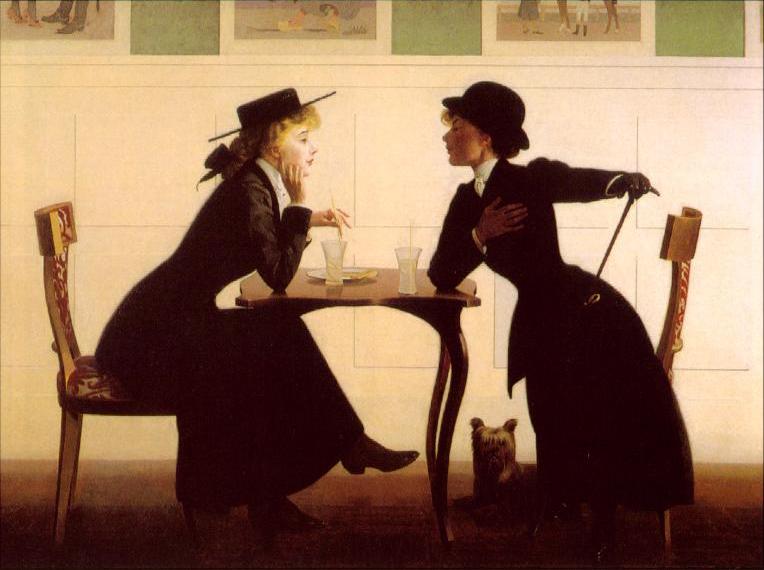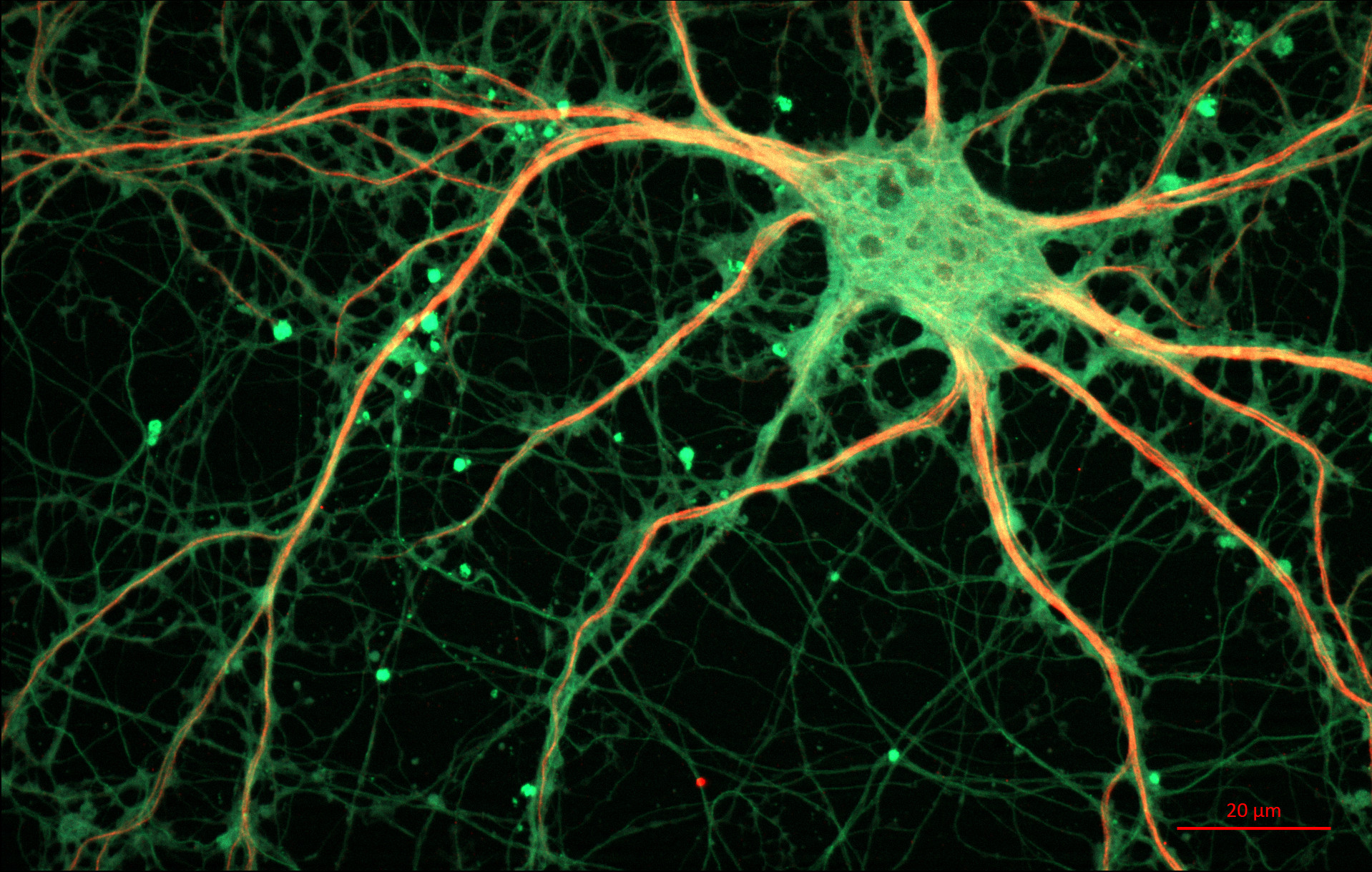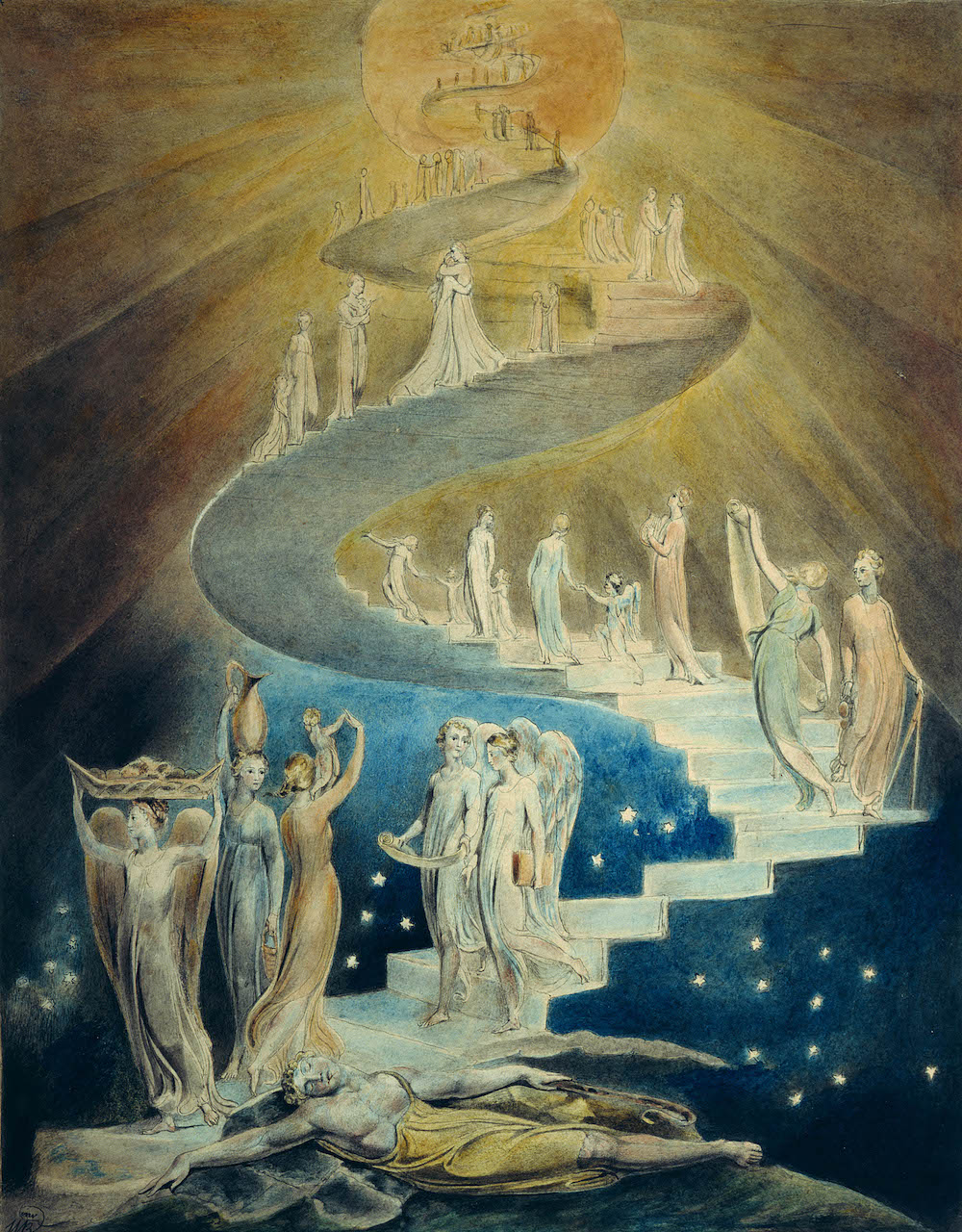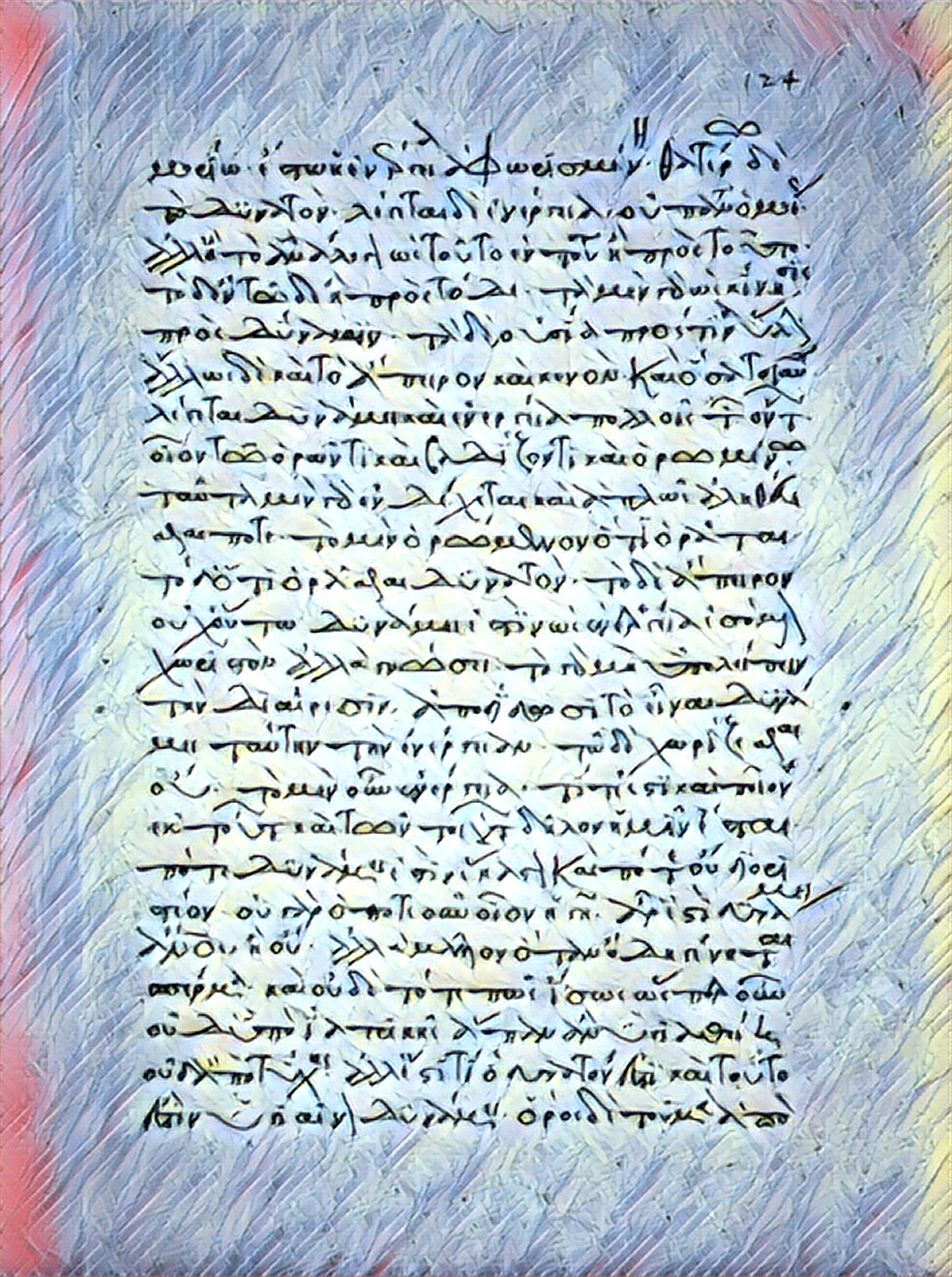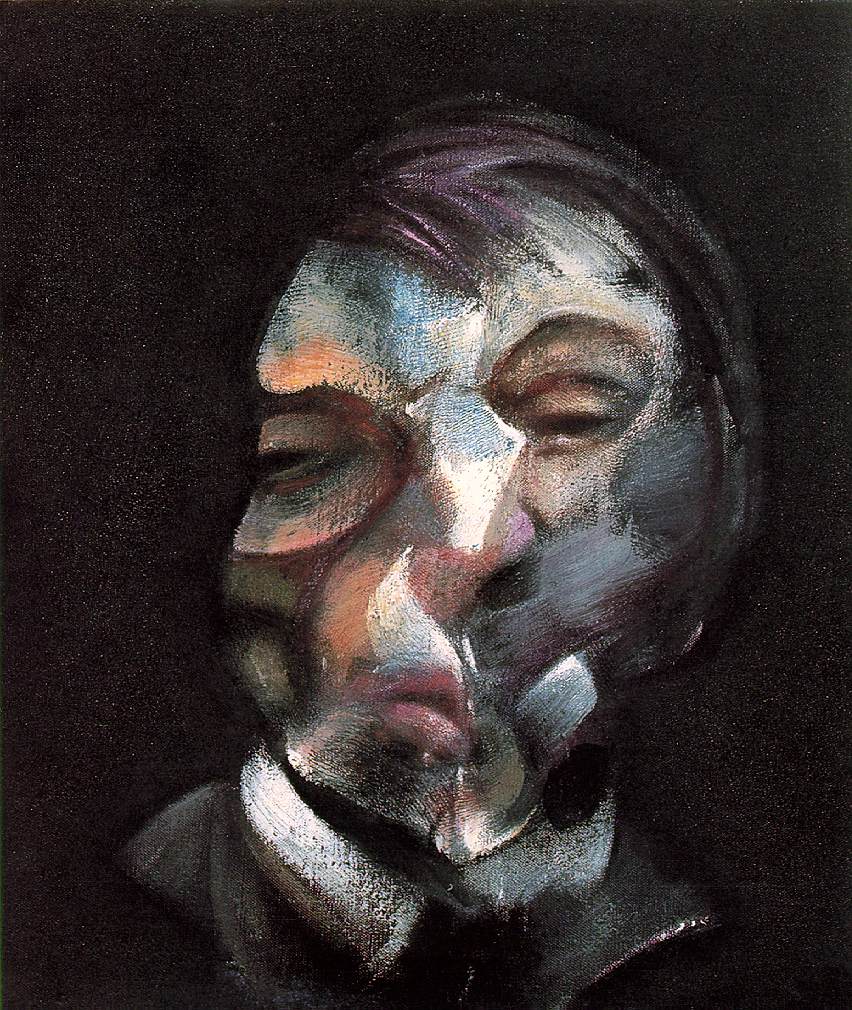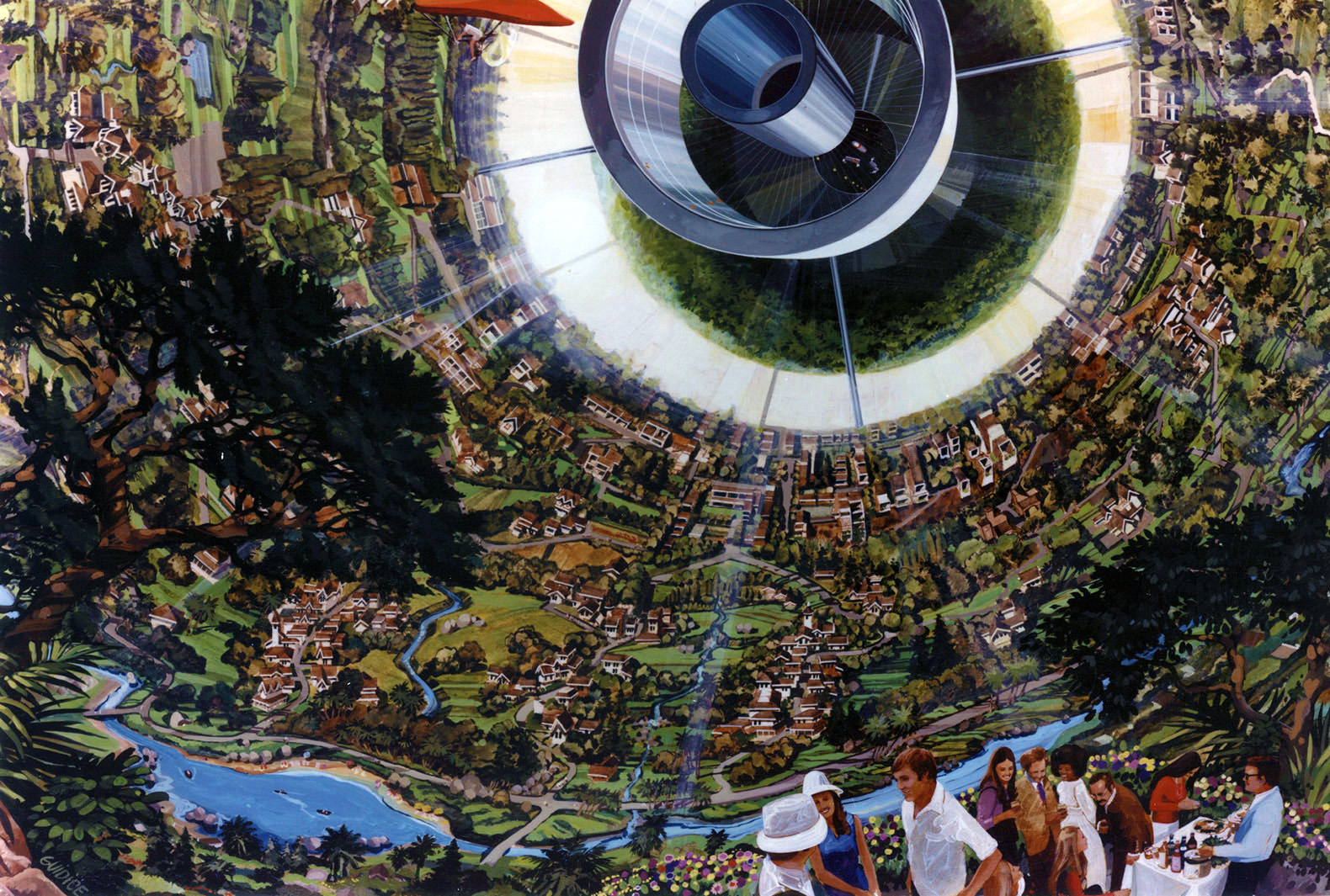The following is the first of a three-part series. Philo-sophy literally means “love of wisdom.”[1] But this can be read in more than one way. There is the well-known objective genitive, proposing that philosophers are thinkers who love wisdom without claiming to own it. But there is also a subjective genitive that shows how love […]
Tag: Alain Badiou
Truth And Irony – Beyond Binary Patterns In Theological Reasoning, Part 1 (Florian Klug)
The following is the first of a three-part series. It will appear as a full article in the Fall 2021 issue of the Journal for Cultural and Religious Theory. Introduction The matter of truth presents itself as central to Christianity, since the Johannine Jesus presents himself as the “way, the truth and the life” (John […]
Badiou, The Event, and Psychiatry, Part 2 (Vincenzo Di Nicola)
The following is the second part in a two-part installment. The first part can be found here. This article was originally published online in the blog of the American Philosophical Association, November 2017. II: Psychiatry of the Event What will philosophy say to us? It will say: “We must think the event.” We must think […]
Badiou, The Event, and Psychiatry, Part 1 (Vincenzo Di Nicola)
The following is the first part in a two-part installment. This article was originally published online in the blog of the American Philosophical Association, November 2017. I: Trauma and Event Philosophy is either reckless or it is nothing. —Alain Badiou, Second Manifesto for Philosophy [1] Instead of being reckless, as Badiou demands of philosophy, by which […]
Review—Whither Philosophy of Religion? (Benjamin Steele-Fisher)
Religion and European Philosophy: Key Thinkers from Kant to Zizek. Edited by Philip Goodchild and Hollis Phelps. New York: Routledge, 2017. ISBN 10: 1138188530. Hardcover, Paperback, E-Book. 512 pages. Philosophy of religion, as a sub-discipline within the field of religious studies proper, has been the subject of much contention for some time now. Often accused […]
The Kingdom, The Power, The Glory, And The Tawdry – Media And The Undoing Of The Demos, Part 3 (Carl Raschke)
This article is the last of three installments. It was originally a paper given at the international conference “The Crisis of Representation” at Melk Conference Center (Stift Melk, Austria) sponsored by the Religion and Transformation in Contemporary Society Platform at the University of Vienna (June 27, 2017). The first installment can be found here, the second one here. It is […]
The One Is Not – On the Fate Of Unity in Post-Metaphysical Philosophy (Jussi Backman)
A Turkish translation of a version of this essay has been published as “Bir, bir şey değildir: post-metafizik düşüncede birlik ve çokluğun akıbeti,” trans. Mustafa Yalçınkaya, Sabah Ülkesi: Üç aylık kültür-sanat ve felsefe dergisi, no. 51, Nisan 2017, 16–19. Available online at http://www.sabahulkesi.com/sayi.php?no=51, retrieved 27 April 2017. The themes of this essay are discussed in […]
The Semiotics of the Unconscious in Gilles Deleuze and Roland Barthes, Part 2 (Roger Green)
The following is the second of a two-part series. The first installment, published on Dec. 19, 2016, can be found here. In Writing Degree Zero, Barthes suggests disengaging from literary language by creating “a colorless writing, freed from all bondage to a pre-ordained state of language.”[1] He says “writing at the zero degree is basically […]
Force in Religious Thought – Carl Raschke and Victoria Kahn in Dialogue, Part 3 (Roger Green)
The following is the last of a three-part series. The first part was published on May 31, 2016. The second part was published on June 17. Carl Raschke and Force Carl Raschke’s most recent book, Force of God, seeks to address tendencies toward de-historicizing by returning to an idea of force. He does so through […]
